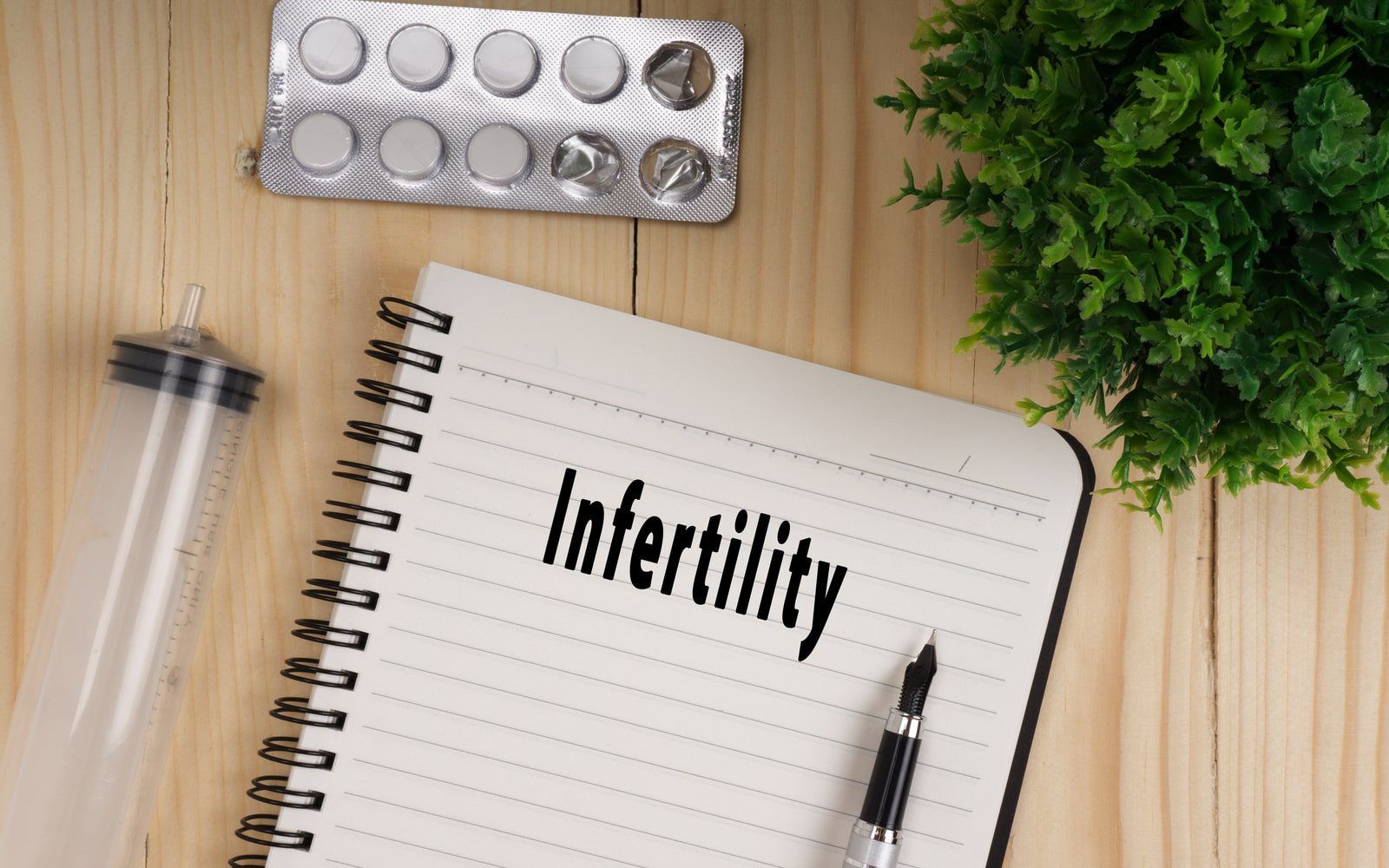Infertility is a common problem faced by those hoping to have children. However, there is a form of infertility that isn’t as well known. It’s called “secondary infertility” and is defined as when a woman cannot get pregnant again following a previous pregnancy. Secondary infertility can occur regardless of whether the previous pregnancy was successful or not. Nearly three million couples are affected by secondary infertility. Almost a third of all fertility specialist visits are due to secondary infertility.
Secondary Infertility And What Causes It
Primary and secondary infertility share many similarities. They both are defined as an inability to become pregnant following a year of regular sex without birth control. When one or more children have already been born to the affected woman, some unique challenges are faced. Among them is the complexity involved with already being a parent and a lack of social support. Another thing shared by the two forms of infertility is the underlying causes. Some causes of secondary infertility include:
- Older Age – Older patients experience problems with secondary infertility more often than younger patients. This is especially true when the previous pregnancy occurred in the patient’s thirties. Women over the age of 35 experience sharp drops in fertility rates.
- Problematic Pregnancy – When previous pregnancies have experienced complications, it can impact the ability of these women to have difficulty getting pregnant again. This can be the result of uterine scarring or complications with the placenta. Certain types of uterine surgeries can also impact fertility.
- Chronic Illness – Numerous fertility issues can result from chronic illnesses. The specifics vary from illness to illness.
A few other possible sources of secondary infertility are inadequate sleep, poor diet, new medications, stress, high caffeine consumption, and poor diet. It’s also possible that the problem lay with the women’s partner. Men can also experience issues with infertility and are responsible for 25% of infertility cases. In almost half of these cases, the reason is tied to a low sperm count or poor quality sperm.
Treating secondary infertility is dependent on the underlying causes and the results of various tests. Specialists can address problems with ovulation with oral fertility pills. Damage to organs such as the fallopian tube resulting in blockage may be treatable with surgery. When this isn’t practical, it may be necessary to use IVF methods (In Vitro Fertilization) to achieve pregnancy.
Women’s Health Care For Secondary Infertility
The first step to getting help with secondary infertility is seeking the help of a women’s health specialist. They can identify underlying causes and determine if a referral to a fertility specialist is necessary. They may also give you resources to contact egg donor sources in the event that this becomes necessary. Every year, there are millions of couples affected by secondary infertility, but there is hope. Reach out to your women’s health specialist for a consultation and assessment! A future with a growing family may be just a phone call away! Call to start treatment today!


